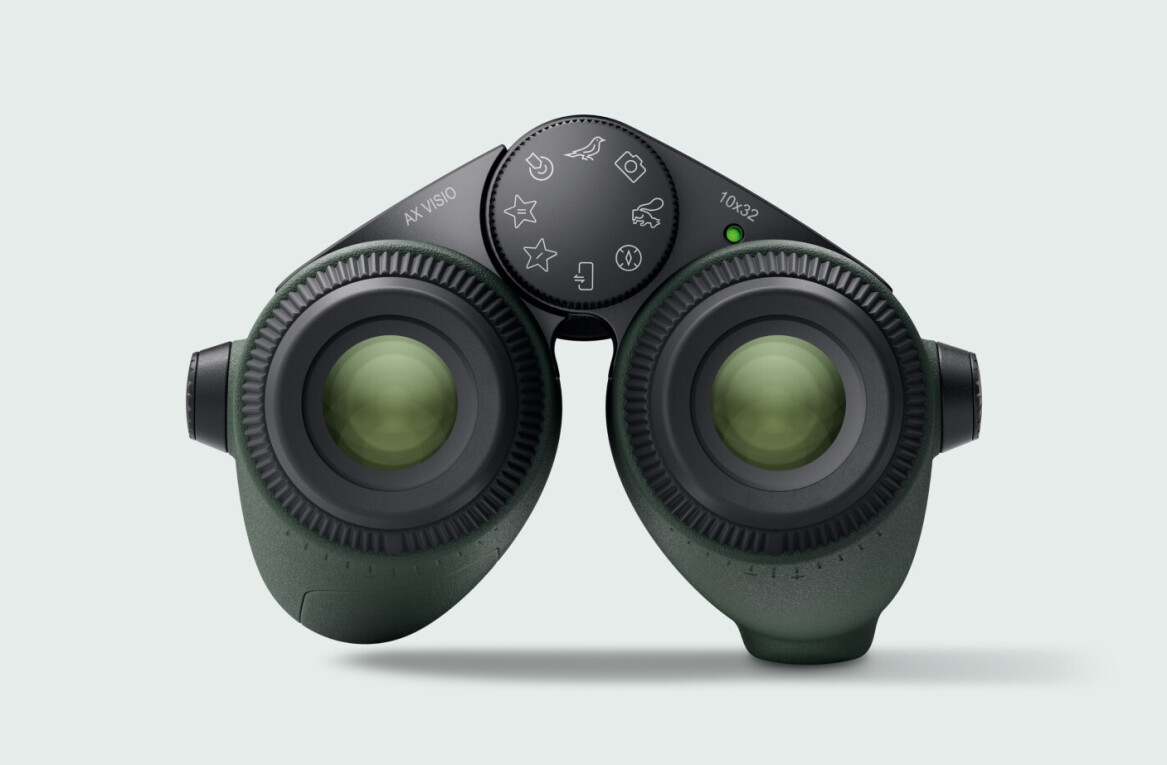
Whether you are a gen-Z, millennial or a recently separated 40-something, chances are you have heard of or used Tinder enough to understand how brutal dating can be.
How many times have you heard comments like “I wish dating would be more natural, more real.” The problem of dating apps, however, is not that they are digital, rather it is that they do not respect the interactions that occur during a casual encounter.
If anything, what apps do really well — because they are digital, — provide quick access to large audiences and wider demographics. Without this digital functionality, we would never have a direct link to so many viable individuals. This unbeatable advantage over real life is statistically proven to increase the chances of matching with somebody you like. With this in mind though, should we be hedging out love lives solely on quantity?
Dating apps should be the catalyst and facilitators of the entire introductory phase, and they should help as a friend would, but they ignore how complex, yet simple and slow, the whole experience of getting to know a potential love interest is in real life. The intentions and the private information are distilled like in a game of poker, not like a slot machine.
The stigma surrounding apps like Tinder or Bumble is derived from the guiding principle of their use: speed and quantity yield love. But do this principle lead to better matches? Based on the reactions a person may get telling a friend they use Tinder shows that, in the eyes of the general public, do not yet yield meaningful love.
As a fun project, I started building a concept for a dating app called Closer. exciting design challenges I’ve encountered have made me think of new strategies to adopt to build better experiences.
Community not marketplace
Digital dating platforms have always been designed with rules and architecture of a marketplace like Craigslist rather than a community: profiles are private; interactions feel mechanical; the browsing seems endless. Communities, instead make users feel a sense of belonging while protecting them.
Raya offers an interesting example: it is built like a fenced garden of people that are real, proven by their associated Instagram account. The invitation-only access, help to filter fake profiles and the concurrent section “Work” which is meant to promote job opportunities, helps relieve the pressure from the dating aspect and opens the potential for future engagement even after you have found the one.
Raya has only a minor drawback: the access is regulated by the Raya employees themselves, which sounds snobby and classist, whereas I would recommend a moderation by the members in the style of Reddit.
Progressive disclosure
Like a game of poker, the profile should reveal your persona only with the increase of mutual interests shared between matches. Say, you select your match and you toss #climbing, they toss #hiking. If the interests match you can proceed to the next share of interests, and so on. The same then occurs with photos. Once you are your match both like each other’s first photo, additional images are revealed instead of a barrage like Tinder.
Genderless
A good community should be inclusive. OkCupid offers a great example of a community open to any sexual orientations and gender identities but the risk is to over-label ourselves with the risk of literally excluding opportunities. There is no need to filter beforehand. We don’t display labels in real life, why should an app be any different?
Egalitarianism
All users should have the same chances, privileges, and advantages, which means free access to the same features for everybody. The freemium economy is getting boring and Hinge has proven that you can monetize something else, like the number of daily likes, keeping the core experience identical for everyone.
Provide feedback to build confidence
I would venture to say that dating app users would like to know which of their photos or comments, or opening lines are the best. A simple weekly insight report would help build user confidence and understand where you win or fail. It’s not cheating by designing your profile to reflect the best version of yourself. All in all, everybody plays their own best no matter what, even in real life.
Focus on niches
If you are reading this article on Medium or a tech blog, you probably have a good amount of hobbies or interest that don’t belong to a mainstream culture and would love to find someone similar. Users should have channels where they can filter out all but their peers. Sure, love can happen between two complete opposite strangers with nothing in common, but let’s be realistic — if you are using an app it’s because you want to maximize the serendipity.
Digested matches once a day
Unlike Tinder where the matching happens as you swipe or Coffee & Bagel which offers fresh candidates once a day, Closer advocates for free unlimited browsing. However, the daily matches are delivered only once a day, not instantly.
The problem is that instant matches are never instant because nobody wants to send a message right away. Messaging a match instantly can be interpreted as desperate or eager, despite that in person if you don’t act quickly, the person is going to eventually leave. Given that nobody knows when the right time to message is, the app itself will regulate the ‘messaging moment’ by bringing everybody together. Think of it almost like how TV shows used to get people attention at prime time. The reviewing moment should happen during a relaxed moment of your day, not in a rush when you commute home.
AI to the rescue
Nobody, really, is good at self-description. That’s why the best chances are when you have someone introducing you or praising you for something you may hardly remember; maybe a nice gesture, an exotic trip, or uncommon hobbies. When we are nervous about exposing too much and afraid to be considered too weird, we become generic.
AI can someday become our wingman/wingwoman, perhaps prompting facts to you interlocutor to react to. “Do you know Francesco can cook a fantastic Carbonara?”
Nobody is one
If we are not good at self-description, static digital profiles make the situation even worse. It’s not that dating app profiles are not dynamic, but our personalities do change slightly depending on who we are talking to. Imagine it is as if our identities are acting under quantum physics laws and we are not us until someone interacts with us. Digital apps should emphasize the part of me that my potential match will appreciate the most to incite interest.
The future is real
I believe someday digital dating or any app that speaks to our intimate/private experiences will become the norm, just as we’ve seen with the rise of apps in the mental health space. The secret is to make the experience natural. By slowing down the interactions and choosing not to exploit the digital power just because we can, we might actually find love in the digital age.
This article was originally published by Francesco Bertelli on UX Collective.
TNW Conference 2019 is coming! Check out our glorious new location, inspiring line-up of speakers and activities, and how to be a part of this annual tech extravaganza by clicking here.
Get the TNW newsletter
Get the most important tech news in your inbox each week.



